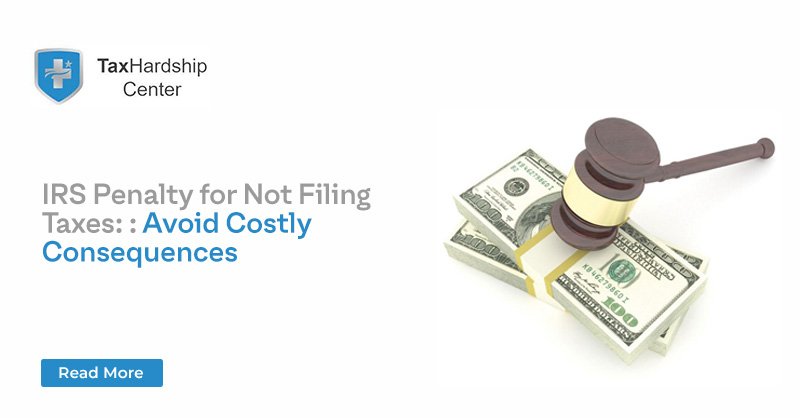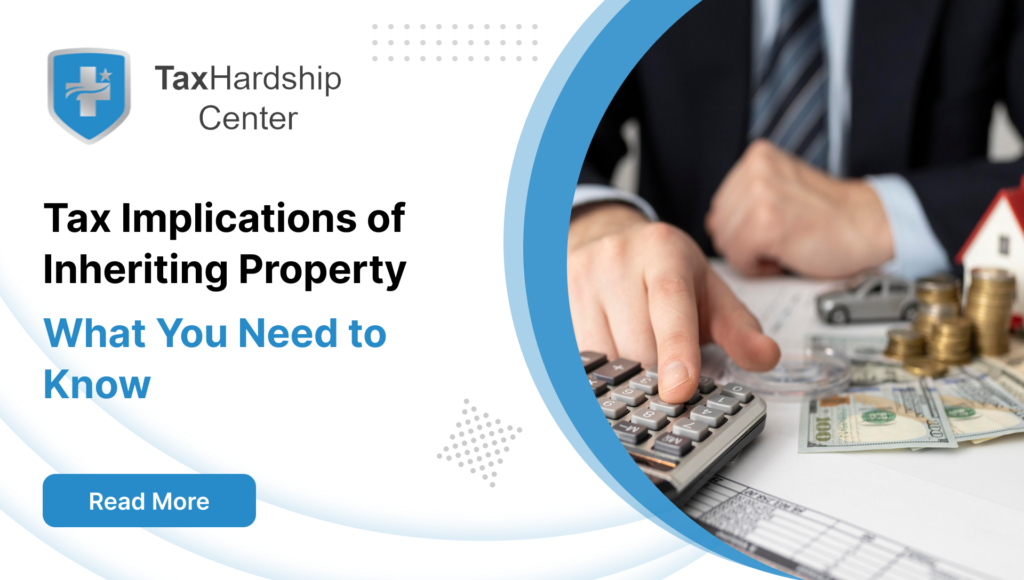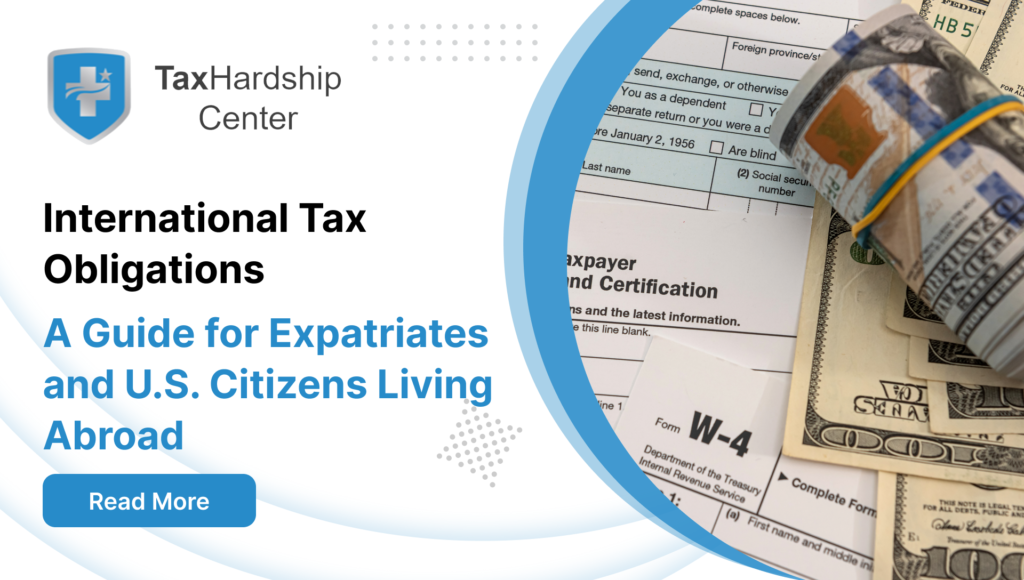The IRS penalty for not filing taxes can lead to severe consequences for individuals and businesses. Failing to file your taxes can result in financial penalties, interest charges, and even legal action by the Internal Revenue Service (IRS). In this blog post, we will provide detailed information on the IRS penalty for not filing taxes, the potential consequences, and expert advice on how to avoid them. Understanding the importance of timely tax filing and compliance with IRS regulations can protect you from unnecessary financial burdens and legal troubles.
Basics of IRS Penalty for Not Filing Taxes:
When filing taxes, the IRS requires individuals and businesses to report their income and pay any taxes owed by the annual tax filing deadline, typically April 15th for most taxpayers. Failure to file your taxes by the deadline can result in penalties, even if you cannot pay the total amount owed. The IRS penalty for not filing taxes is calculated based on the failure-to-file penalty and the failure-to-pay penalty.
Failure-to-File Penalty:
The failure-to-file penalty is assessed when you do not file your tax return by the deadline. This penalty is calculated as a percentage of the tax owed and is typically higher than the failure-to-pay penalty. The penalty starts accruing the day after the tax filing deadline and continues to increase until the return is filed. The current penalty rate is 5% of the unpaid monthly tax, up to a maximum of 25% of the total tax owed.
Failure-to-Pay Penalty:
In addition to the failure-to-file penalty, the IRS also imposes a failure-to-pay penalty on individuals who do not pay their taxes by the deadline. This penalty is 0.5% of the unpaid monthly tax, up to 25% of the total tax owed. Unlike the failure-to-file penalty, the failure-to-pay penalty starts accruing the day after the tax filing deadline and continues until the tax is fully paid.
Details of IRS Penalty for Not Filing Taxes:
We will delve deeper into the details of the IRS penalty for not filing taxes and shed light on the potential consequences that individuals and businesses may face. By understanding these penalties comprehensively, you will be better equipped to navigate the complexities of tax compliance and make informed decisions to protect yourself from the costly repercussions. We will discuss the specific aspects of late filing penalties, late payment penalties, and the interest charges imposed by the IRS. We uncover the intricacies of these penalties and their far-reaching implications.
1. Late Filing Penalties:
If you fail to file your tax return by the deadline, the IRS will impose the failure-to-file penalty. This penalty can quickly increase, especially if you owe a significant tax. For example, if you owe $10,000 in taxes and fail to file your return for six months, the failure-to-file penalty would be $2,500 (5% per month multiplied by six). This penalty can significantly increase your tax liability, making filing your return as soon as possible important.
2. Late Payment Penalties:
In addition to the failure-to-file penalty, the IRS will also charge a failure-to-pay penalty for late payment of taxes. If you owe taxes but cannot pay the total amount by the deadline, filing your tax return on time is still crucial to avoid the failure-to-file penalty. The failure-to-pay penalty is generally lower than the failure-to-file penalty but can still add up over time.
For example, if you owe $10,000 in taxes and fail to pay for six months, the failure-to-pay penalty would be $300 (0.5% per month multiplied by six).
3. Interest Charges:
In addition to the penalties mentioned above, the IRS also charges interest on any unpaid tax balance. The interest is calculated based on the federal short-term interest rate plus 3%. This interest is compounded daily, increasing the amount you owe to the IRS. Therefore, paying your taxes as soon as possible is essential to minimize the interest charges.
Consequences of Not Filing Taxes:
1. Accumulating Debt:
By not filing your taxes, you accumulate more debt with the IRS. The penalties and interest charges can quickly add up, making it even more challenging to pay off the debt. Ignoring the problem will only worsen, as the IRS can take legal actions to collect unpaid taxes, including wage garnishment, bank levies, or filing a federal tax lien against your property.
2. Legal Consequences:
Failing to file your taxes can have legal ramifications. While the IRS may initially contact you through letters and notices, persistent non-compliance can result in further legal action. The IRS can pursue civil and criminal penalties against individuals who willfully fail to file their tax returns. The penalties can include fines and even imprisonment in severe cases.
3. Damage to Credit Score:
Unpaid taxes and penalties can also negatively impact your credit score. The IRS can report your outstanding tax debt to the credit reporting agencies, causing your credit score to drop. A lower credit score can make it difficult to obtain loans, credit cards, or even secure employment in some cases.
Conclusion:
The IRS penalty for not filing taxes should be taken seriously, as it can lead to costly consequences and legal troubles. Please file your taxes to avoid penalties, interest charges, and damage to your credit score. By understanding the basics of the IRS penalty for not filing taxes and exploring available options to pay your taxes, you can avoid unnecessary financial burdens and protect yourself from legal actions by the IRS. Remember, timely tax filing and compliance with the IRS regulations are essential to maintain your economic well-being and peace of mind.
FAQs about IRS Penalty for Not Filing Taxes:
Q1. What if I can’t afford to pay my taxes in full by the deadline?
A1. If you cannot fully pay your taxes by the deadline, you should still file your tax return on time to avoid the failure-to-file penalty. You can explore different options to pay your taxes, such as setting up an installment agreement with the IRS or requesting an offer in compromise.
Q2. Can I request an extension to file my tax return?
A2. You can request an extension to file your tax return by submitting Form 4868 to the IRS before the tax filing deadline. However, it is important to note that an extension to file your return does not grant you an extension to pay your taxes. Any taxes owed must still be paid by the original deadline to avoid the failure-to-pay penalty.
Q3. What should I do if I have not filed my taxes for multiple years?
A3. If you have not filed your taxes for multiple years, it is crucial to take immediate action to become compliant with the IRS. You should consult with a tax professional who can help you gather the necessary information and file the overdue tax returns. The IRS offers certain programs, such as the Voluntary Disclosure Program, to help individuals get back on track with their tax filings.
Q4. Can the IRS waive or reduce the penalties for not filing taxes?
A4. Sometimes, the IRS may consider waiving or reducing the penalties if you demonstrate reasonable cause for not filing your taxes on time. However, this is not guaranteed, and you must provide substantial evidence to support your request. Consulting with a tax professional can increase your chances of obtaining penalty relief.
Q5. Can you get in trouble for not filing taxes?
A5. Yes. Failing to file your taxes can result in serious trouble with the IRS. The Internal Revenue Service (IRS) requires individuals and businesses to report their income and pay taxes by the annual tax filing deadline. Failure to file your taxes can lead to penalties, interest charges, and even legal actions by the IRS. Persistent non-compliance can result in civil and criminal penalties, including fines and potential imprisonment in severe cases. Understanding the importance of timely tax filing and compliance with IRS regulations is crucial to avoid unnecessary financial and legal troubles.
Q6. What happens if I don’t owe any taxes?
A5. If you don’t owe any taxes, it is still important to file your tax return. Failing to file can still incur the failure-to-file penalty, even without tax liability. However, if you are eligible for a refund, you will not be penalized for filing late.








